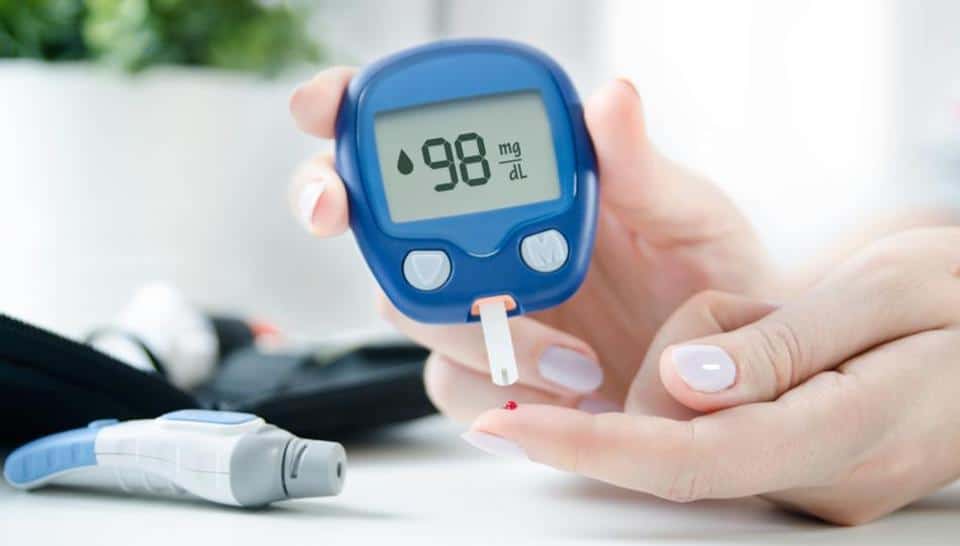Our blood contains various nutrients that our organs need. As the blood travels through our cardiovascular system, it delivers these nutrients to different body parts that need it. One of the components in our blood is sugar (or glucose), which is an important source of energy. However, having too much or too little blood sugar can seriously affect your health.
What Are the Normal Blood Sugar Levels?
The amount of sugar in your blood varies throughout the day. Blood sugar levels are at their lowest before meals. When you haven’t eaten for at least 8 hours, your blood sugar levels drop down to about 70 to 100 mg/dL. About 2-3 hours after eating, normal blood sugar levels should be 120-140 mg/dL.
People who have diabetes cannot maintain normal blood sugar levels. They often have high blood sugar levels because their bodies either can’t produce or don’t respond to insulin. Insulin is responsible for maintaining normal blood sugar levels by distributing glucose to cells that need it. Those who have diabetes usually have more than 126 mg/dL before eating, 220-300 mg/dL right after eating, and more than 200 mg/dL 3 hours after eating.
How Can You Lower Blood Sugar Levels?
Whether you have diabetes or not, you have to maintain a healthy blood sugar level. Often, a physician will prescribe medication if you frequently have high blood sugar levels. Alongside taking these medications, you can also change your lifestyle to maintain your blood sugar levels.
One of the easiest ways to maintain a healthy blood sugar level is to limit your carbohydrate intake and increase your fiber intake. The body metabolizes carbohydrates, turning it into the glucose in your blood. When you eat less carbohydrate-rich food, you also limit the amount of glucose in your bloodstream.
Another way to lower blood sugar levels is to exercise, as this helps consume the glucose in your bloodstream. Pair this with adequate hydration, which helps your kidneys flush out excess blood sugar through your urine.
Avoiding stress is another way to prevent blood sugar levels from rising. When you are stressed, your body produces glucagon and cortisol, which are hormones that can cause blood sugar levels to go up. If you can’t avoid stress, you can try relaxation techniques such as meditation to help reduce stress and lower your blood sugar.
Lastly, you should always monitor your blood sugar levels. By keeping track of how much glucose is in your blood, you can properly adjust your lifestyle.
Many blood sugar monitors use only one unit of measure (either mmol/L or mg/dL). You can easily convert between units by using this Blood Sugar Calculator. Put in the data that appears in your blood sugar monitor, and the Blood Sugar Calculator will convert it into the units you need. You can then use this data to check whether you have normal blood sugar levels.
If you often find that your blood sugar levels are higher than normal, aim to make lifestyle changes to keep your blood sugar within the normal range. However, if these lifestyle changes don’t affect your blood sugar levels, make an appointment with your physician to discuss possible treatments.

